Greenland is now melting at a potentially catastrophic pace
Time to get extra, extra worried about climate change

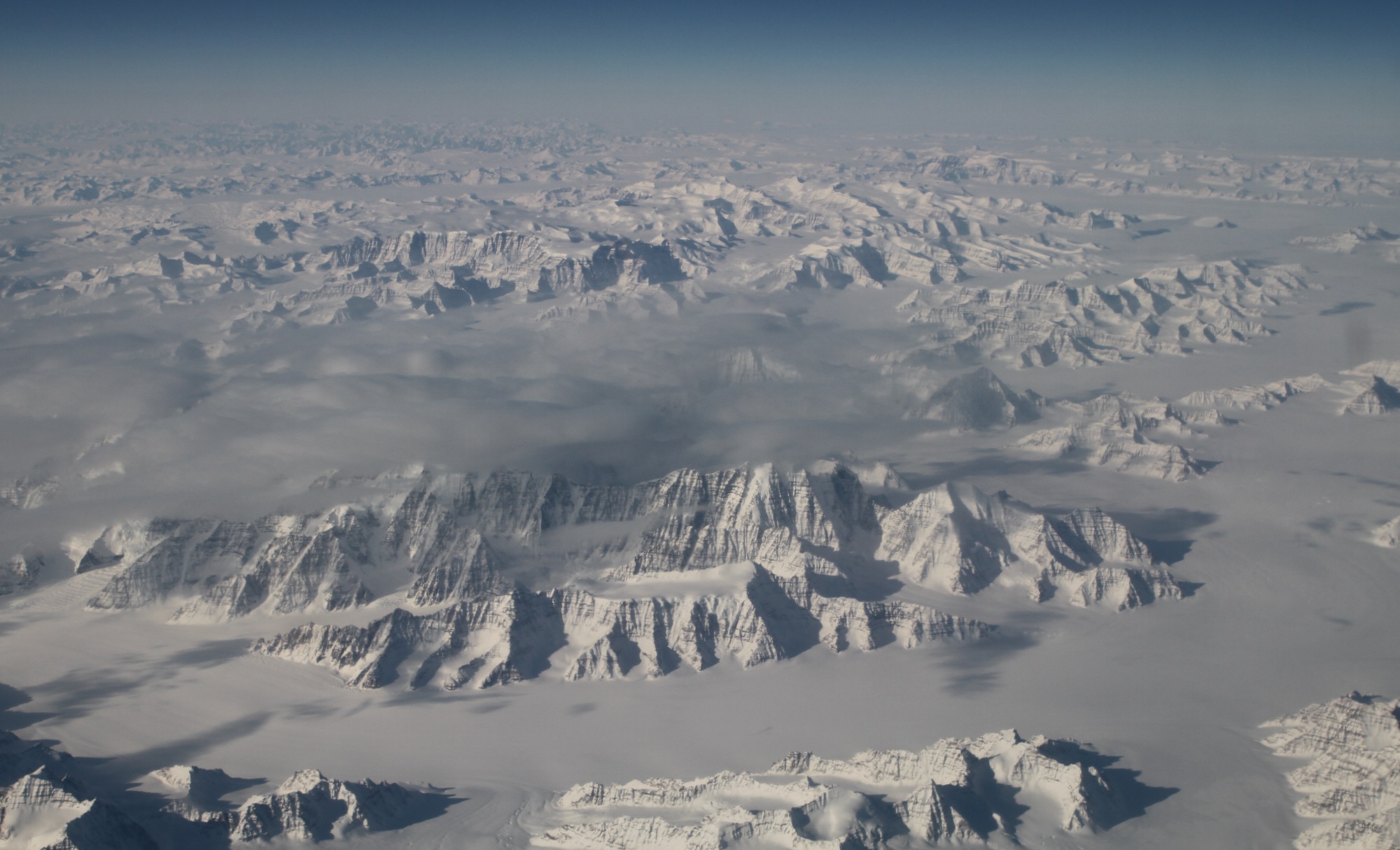
A free daily email with the biggest news stories of the day – and the best features from TheWeek.com
You are now subscribed
Your newsletter sign-up was successful
The Greenland ice sheet is the second-largest single piece of ice on the planet (second only to the one in Antarctica). Nearly two miles thick in places, it contains some 684,000 cubic miles of ice. And because that is all above sea level — as opposed to floating, like the northern ice cap — if all of the Greenland sheet were to melt, it would raise the world sea level about 20 feet.
So it's a bit worrisome that the annual melting season has begun a month earlier than the previous record start — and in spectacular fashion, immediately leaping to a melt extent not usually seen until June. It's a clear and present danger to any low-lying cities, but also a reminder that the uncertainty of future predictions is one of climate change's most threatening aspects.
This chart shows the percentage of the melt extent over the ice sheet by month. Today's outlier is extremely stark:
The Week
Escape your echo chamber. Get the facts behind the news, plus analysis from multiple perspectives.

Sign up for The Week's Free Newsletters
From our morning news briefing to a weekly Good News Newsletter, get the best of The Week delivered directly to your inbox.
From our morning news briefing to a weekly Good News Newsletter, get the best of The Week delivered directly to your inbox.
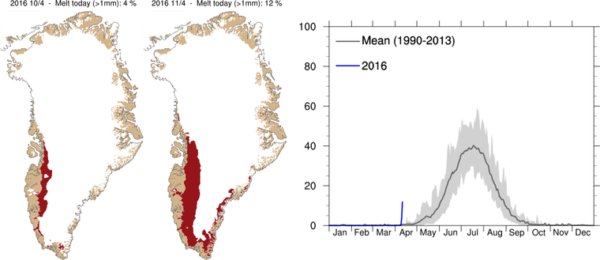
(Courtesy Polar Portal)
As Brian Kahn notes, even the summit of Greenland recently topped 20 degrees Fahrenheit — some 40 degrees above average.
To be clear, this early melt does not mean the Greenland ice sheet is going to disintegrate tomorrow. On the contrary, while scientists have long thought that more than one or two degrees Celsius of warming would probably end up melting most of the sheet, they've also thought the process would take thousands of years.
Melting all that ice by direct heating would certainly take a very, very long time, due to its sheer volume. However, there are other mechanisms at work. Surface meltwater will flow down through shafts in the ice to the base of the sheet, where it can then increase the speed of glacier movement into the ocean by lubrication. A thinning glacier will also be more buoyant where it reaches the ocean, which will similarly make sliding into the ocean easier.
A free daily email with the biggest news stories of the day – and the best features from TheWeek.com
This is akin to the linear versus non-linear question which I have previously discussed regarding climate sensitivity. It might be that glaciers will respond in a simple, predictable fashion to increasing temperature, with ice loss increasing in a constant proportion to increased temperature. However, they also might respond with acceleration, with ice loss increasing much faster than temperature past some point.
From where we stand, it's very hard to say with any certainty whether the collapse of the world's ice sheets will be slow and steady or rapid and catastrophic. One must conduct measurements across thousands of square miles of treacherous ice, and much of the key development is taking place far below the surface. Models can help, and the science is advancing rapidly, but it's a devilishly tricky subject (though recent estimates suggest at least some acceleration).
However, one can say that extreme, nonlinear responses are easier to imagine in circumstances with extreme inputs to the system — like, for example, a melting season that begins a full month before the previous record at breakneck pace. And that sort of yawing between weather extremes is precisely the sort of thing that climate models predict under future warming. Knowing what will happen to a particular ice sheet is hard, but it's now established beyond question that more warming means more extreme weather.
This is a key academic question, and many of the world's best scientists are working feverishly to figure it out. But for political leaders, the implications are simpler. A potential collapse of ice sheets in Greenland or Antarctica might be somewhat unlikely, but it would be a catastrophic emergency if it did happen — and can't be fully ruled out.
This should only strengthen the already ironclad case for strong climate policy. If an appliance professional told you there was a 1 percent chance your stove was going to explode and burn down your house, you'd definitely fix or replace it as quickly as possible. Even though the absolute chance is low, the downside is so large that it's not worth risking it.
Ryan Cooper is a national correspondent at TheWeek.com. His work has appeared in the Washington Monthly, The New Republic, and the Washington Post.
-
 The ‘ravenous’ demand for Cornish minerals
The ‘ravenous’ demand for Cornish mineralsUnder the Radar Growing need for critical minerals to power tech has intensified ‘appetite’ for lithium, which could be a ‘huge boon’ for local economy
-
 Why are election experts taking Trump’s midterm threats seriously?
Why are election experts taking Trump’s midterm threats seriously?IN THE SPOTLIGHT As the president muses about polling place deployments and a centralized electoral system aimed at one-party control, lawmakers are taking this administration at its word
-
 ‘Restaurateurs have become millionaires’
‘Restaurateurs have become millionaires’Instant Opinion Opinion, comment and editorials of the day
-
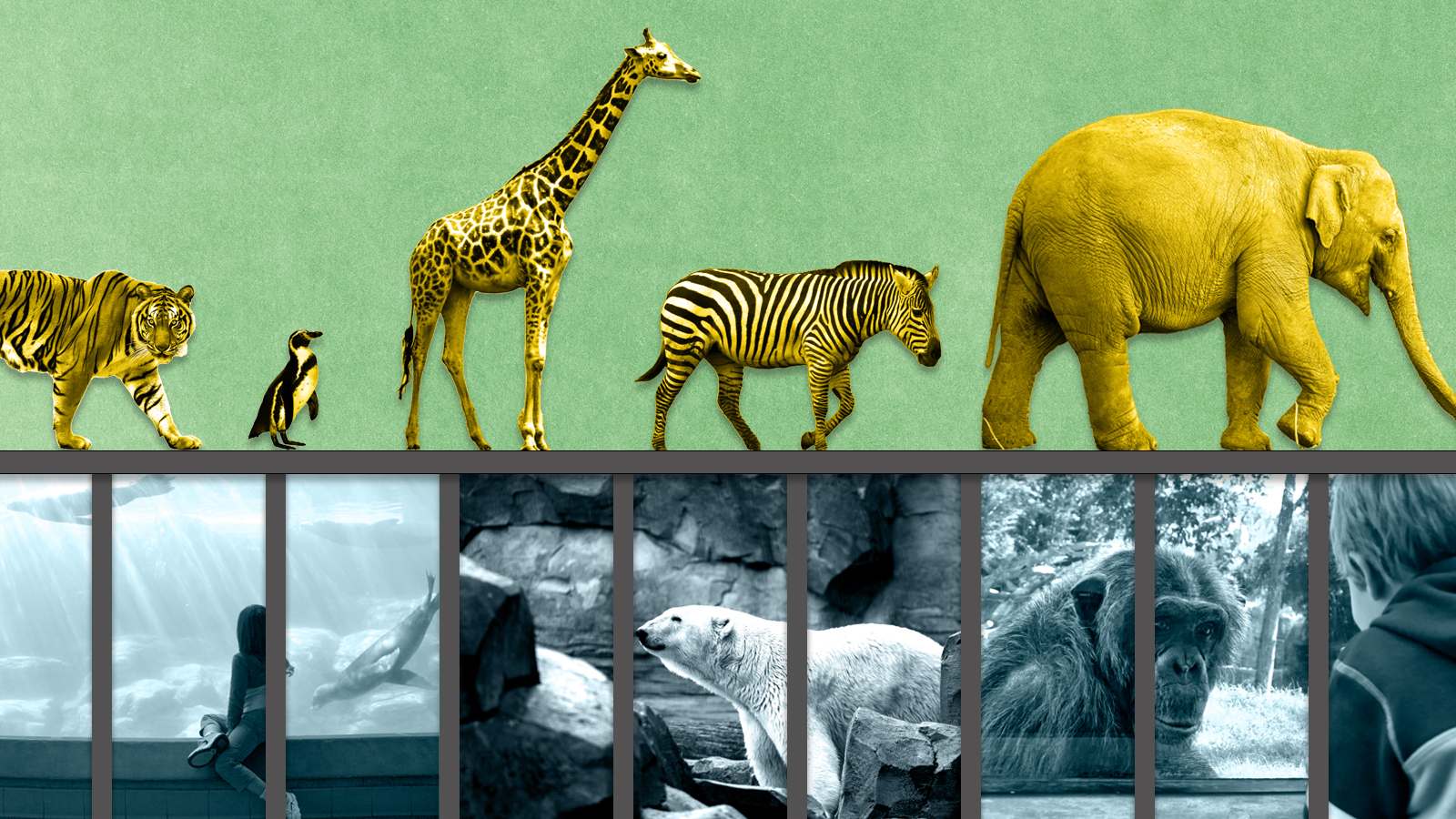 Are zoos ethical?
Are zoos ethical?The Explainer Examining the pros and cons of supporting these controversial institutions
-
 Will COVID-19 wind up saving lives?
Will COVID-19 wind up saving lives?The Explainer By spurring vaccine development, the pandemic is one crisis that hasn’t gone to waste
-
 Coronavirus vaccine guide: Everything you need to know so far
Coronavirus vaccine guide: Everything you need to know so farThe Explainer Effectiveness, doses, variants, and methods — explained
-
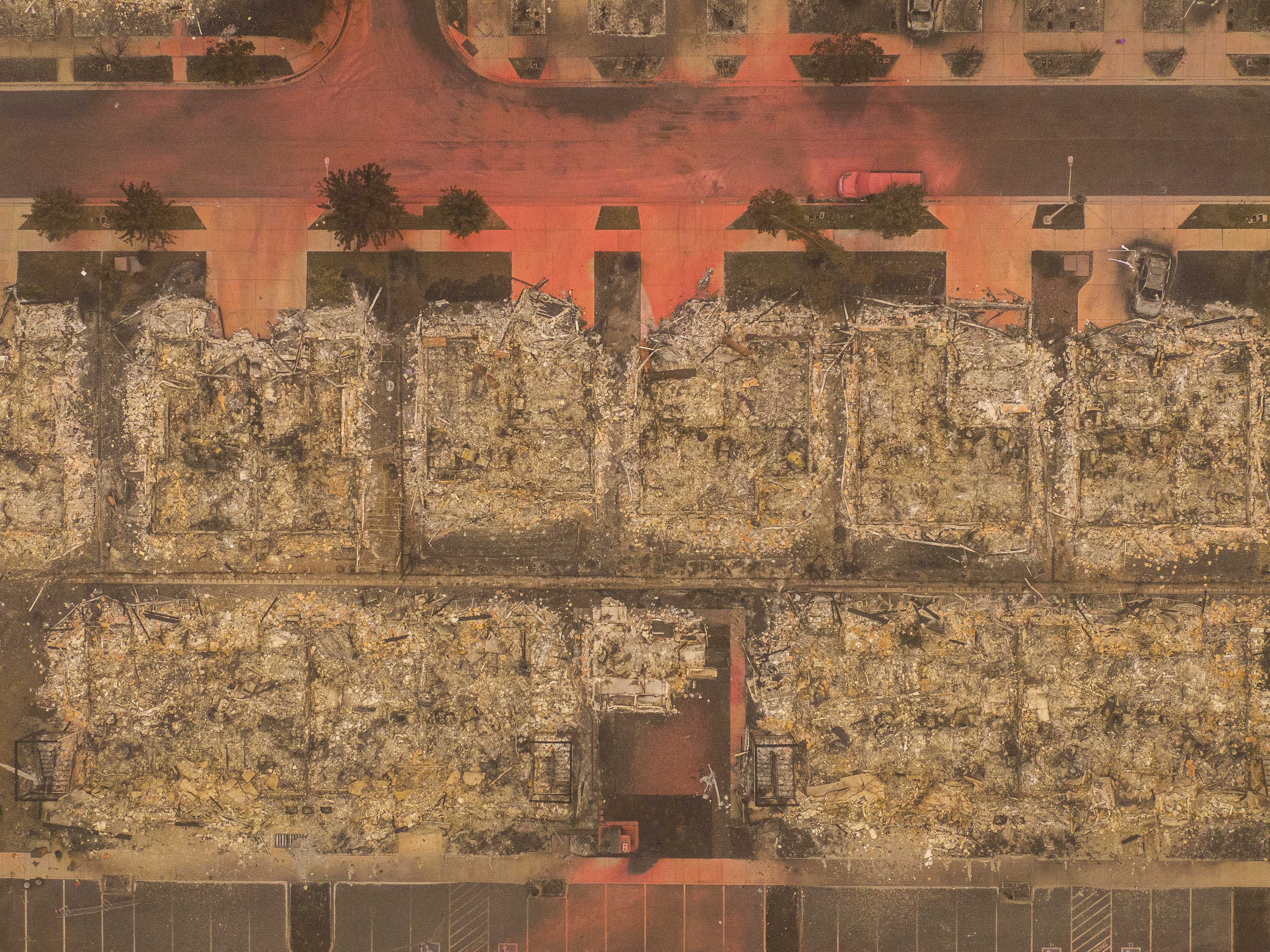 The climate refugees are here. They're Americans.
The climate refugees are here. They're Americans.The Explainer Wildfires are forcing people from their homes in droves. Where will they go now?
-
 Coronavirus' looming psychological crisis
Coronavirus' looming psychological crisisThe Explainer On the coming epidemic of despair
-
 The growing crisis in cosmology
The growing crisis in cosmologyThe Explainer Unexplained discrepancies are appearing in measurements of how rapidly the universe is expanding
-
 What if the car of the future isn't a car at all?
What if the car of the future isn't a car at all?The Explainer The many problems with GM's Cruise autonomous vehicle announcement
-
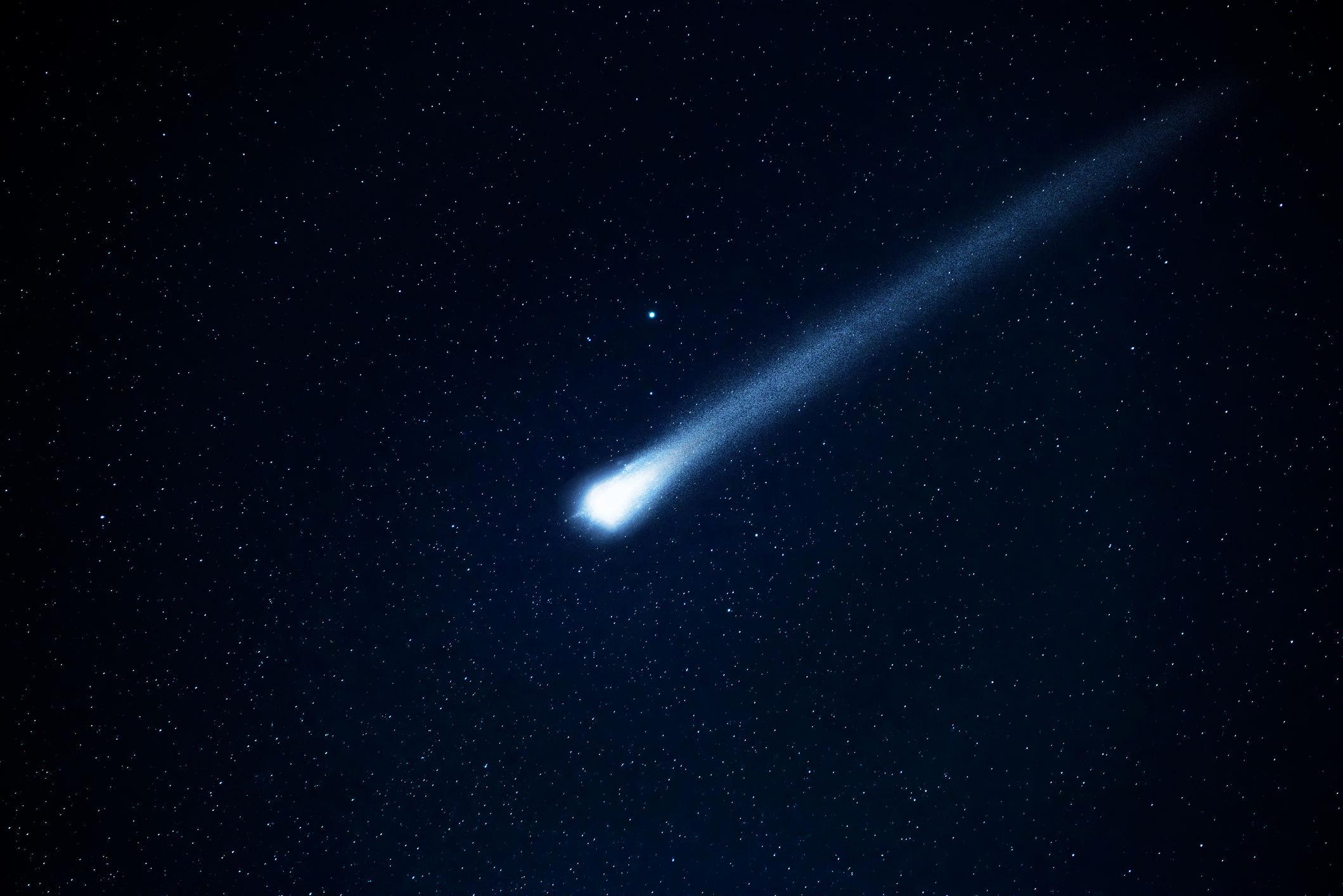 The threat of killer asteroids
The threat of killer asteroidsThe Explainer Everything you need to know about asteroids hitting Earth and wiping out humanity
